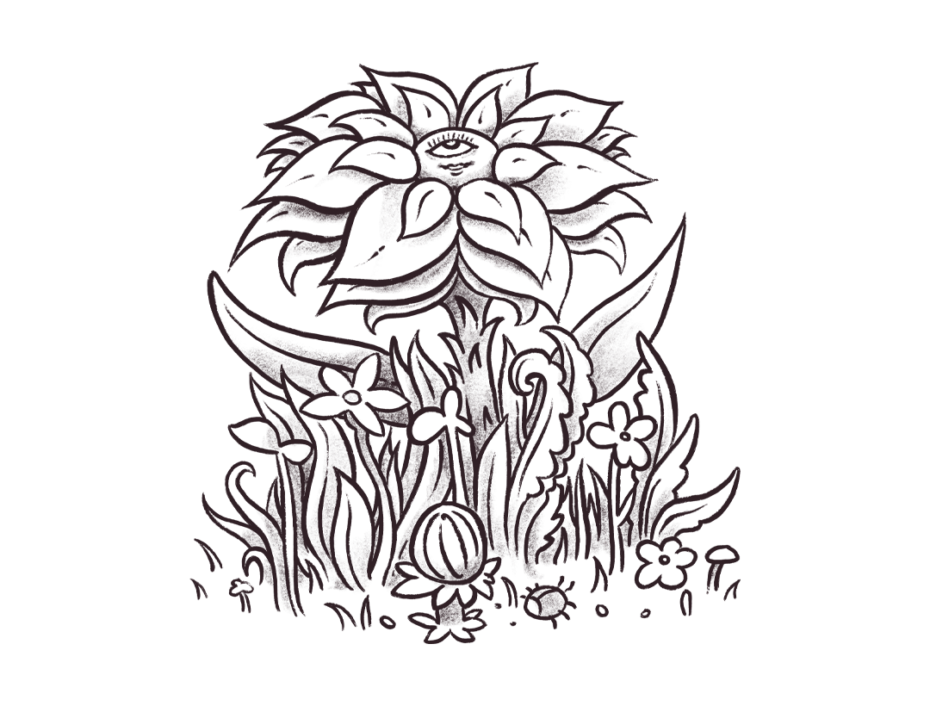Why inclusive suicide support is important

Thoughts of suicide, however intense, can come from overwhelming feelings of isolation and hopelessness.
When we feel supported, like we belong and are not a burden, our feelings of suicide can decrease.
When reaching out for help, we need to find support that validates and affirms our identities and experiences. Without this, the service or interaction can do more harm than good.
On this page we talk about the support that keeps our communities flourishing and give service providers and clinicians guidance in giving us this support.
What keeps us flourishing
Reaching out for support takes courage and resolve, but deciding who to approach when we want to tell someone about our thoughts and feelings around suicide can be difficult. We must assess who will receive this news with respect and without judgement, whether it is a trusted friend, chosen family member or relative, or our GP. For LGBTQ+ people, finding inclusive support within mainstream crisis services is an added barrier. You can read more about this here.
When approaching mainstream services, we might look for signs of inclusion on websites and reception areas, like Pride flags, Aboriginal and Torres Strait Islander flags, posters from LGBTQ+ health services, and resources in different languages. We notice if there is gender-affirming language in a service’s intake forms and whether the content of a service’s website acknowledges the experiences of LGBTQ+ people. Ideally, a service would also offer tailored programs and resources for LGBTQ+ people and seek to employ LGBTQ+ peer workers.
Support from peer workers can be highly beneficial because they understand the complexities of our experiences. To connect with a peer worker, follow the steps here.
Try not to be discouraged if the first person, whether someone close to you or a professional, does not respond to your thoughts and feelings of suicide the way you want them to. Use a safety plan and try again with someone else. There are people who will understand what you are going through and can support you.
Information for service providers and clinicians
If you would like to better support LGBTQ+ clients, it is important to understand the complexities of our experiences. For many of us, our mental wellbeing is impacted by situational distress factors such as systemic and social discrimination, prejudices and stigma based on our identities and lived experiences. You can read more about situational distress here.
You can also seek support from or refer clients to services catering to LGBTQ+ people. Visit the Services page and select the LGBTQ+ tab.
